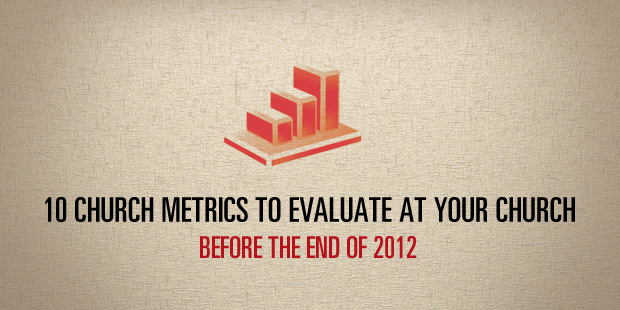As my family visited churches upon moving to Nashville, we were blown away by the differences in hospitality to first time guests. In some churches we knew exactly where to park, were graciously welcomed, escorted to the children’s area to drop off our kids, and introduced to several helpful people. In other churches, we had no idea where to go and had no one welcome us.
While I know some churches have over-swung the pendulum and become so guest-driven that they lose focus on Christ in their hyper-attractional attempts to draw a crowd, others have over-swung the pendulum the other way and are almost ignoring guests as a badge of their spirituality. Both miss the mark, as hospitality is both deeply biblical and deeply spiritual.
We touch on hospitality in our new book, Creature of the Word. Here is a section taken from the book:
Every church sends a message with their strategy for hospitality. Those with no system for greeting new people, welcoming them, and pursing them in a loving way send the loudest message: “our theology has not affected how we treat you.” Clear signage and friendly people go along way in expressing God’s welcoming heart in a tangible way. Your context will dictate a lot about your hospitality, whether you train greeters to shake hands, hug necks, nod, or fist bump. But by all means, have a plan to express hospitality. Some of our reformed brothers need to understand that having a sign and friendly greeters to direct a new family to the children’s area is not doctrinal compromise. To the contrary, it can be an expression of doctrine beyond the pulpit.
Hospitality is included in the necessary qualifications for an overseer (1 Timothy 3:2) because hospitality is a direct and tangible link to the gospel. What has God done in the gospel if not welcome strangers? We were all strangers to the family of God and the household of faith. We were enemies, but God in His great mercy welcomed us. He has practiced hospitality toward us. Therefore, we must accept one another as Christ has accepted us (Romans 15:7).
When I consult churches with Auxano, we begin or conclude with an “anchor weekend” that includes an evaluation of the hospitality expressed to guests. Some of the things we look for are:
- Are there signs in key decision places? Look at your worship service through the eyes of a first time guest. When a guest pulls into the parking lot, does he know where to park? That is a decision he needs help with. Are there signs helping him know where to go next? Help him decide where to walk. Are there signs pointing him to the children’s area and then the worship center/sanctuary? No signage is bad, but signage with too much information is overwhelming. Have clear and visible signs that direct people to the next point.
- Are the right people in those same places? Signs can direct a guest, but only a person can shepherd a guest. Signs are important, but without people they feel cold and stale. It may be helpful to divide the first few minutes of a guest coming to the service into waves or sections and then staff with people appropriately: parking, outside greeters, inside greeters/ushers, etc. Sometimes churches view these roles as “anyone can do them” and thus they merely fill slots. For strategic hospitality, the right relationally savvy people with grace-filled hearts to welcome guests must serve in these critical roles. In other words, those roles are more important than we often realize.
- Is there a central place to get information? Hopefully first-time guests will want to grab some additional information on the church. Be sure there is a clearly marked place where that can happen, and that gracious and knowledgeable people are there to serve.
- How does the children’s space feel? Perhaps the most intimidating moment for a first time guest is dropping the children off in a new place with new people. If the only leaders in the room are un-engaged teenagers who just want to skip “big church,” a family will not be welcomed properly. The area should feel clean, safe, and properly staffed with consistent volunteers that love children. When the same leaders are in the childrens’ rooms each week, the children benefit from the consistency. They get a picture of faithfulness and are able to know and be known by godly adults who care.
When a church has a system to provide relational touches to guests, they reveal that hospitality is an important value to them. No system for hospitality reveals that biblical hospitality, in light of Christ’s welcoming of us, is not embedded in the culture of the church.
Want to learn how to create an EXCEPTIONAL Guest Experience at your church? Check out Auxano’s Guest Experience Boot Camp in Cincinnati, OH on August 7-8.


Tags: Assimilation, Eric Geiger, Guest Experience
|
What is MyVisionRoom? > | Back to Process >



















